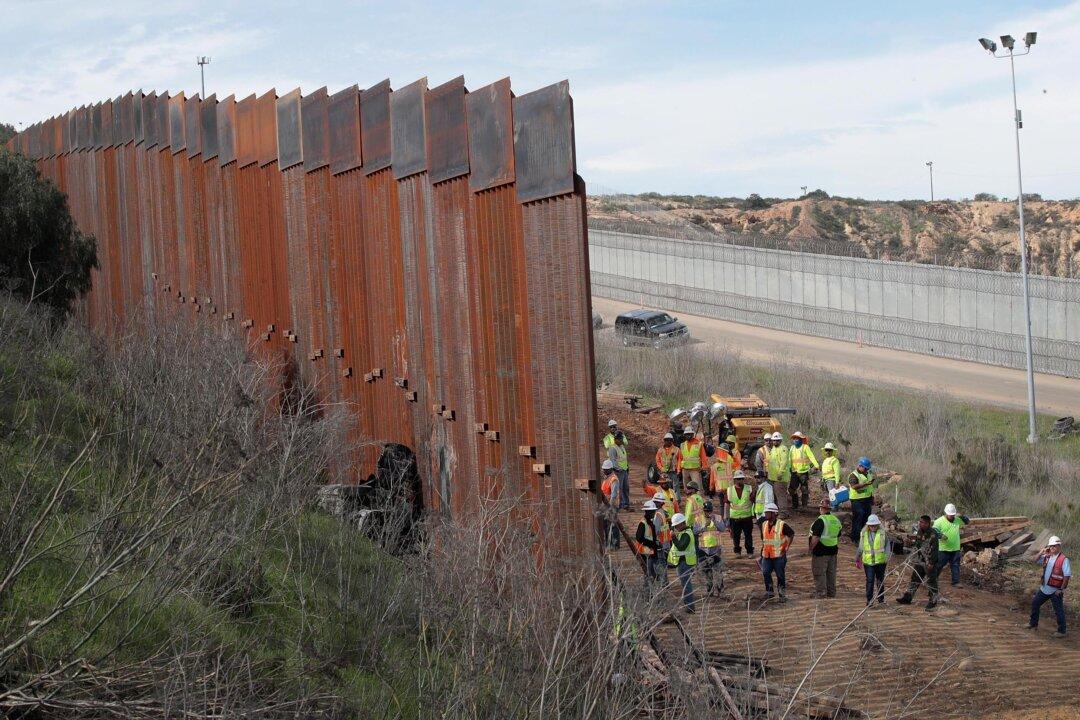The 9th Circuit Court of Appeals in San Francisco denied the request of the Trump administration to unblock the use of $2.5 billion of Defense Department funds for border wall construction. The request came after the money reallocation was blocked by a lower court while the underlying lawsuit proceeds.
The three-judge panel ruled 2–1 on July 3 that the reallocation should remain blocked because, among other things, the plaintiffs had a good chance of proving the administration overstepped its constitutional authority.





